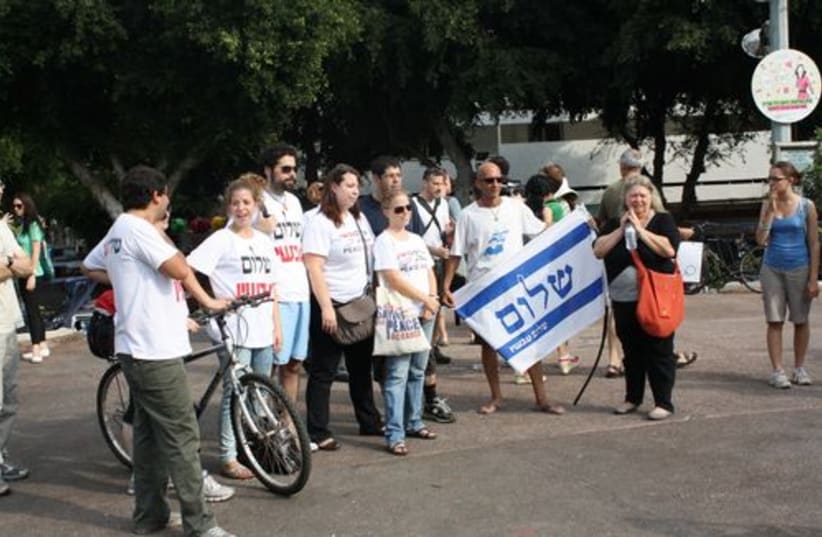The writer is founder and co-director of IPCRI, the Israel Palestine Center for Research and Information. He hosts a weekly radio show in Hebrew on All for Peace radio, and is a voluntary columnist for The Jerusalem Post.
Encountering Peace: I should be a millionaire!
One aspect missing from protests is inescapable conclusion that Israel's economic health is based on peace with our Arab neighbors.

The writer is founder and co-director of IPCRI, the Israel Palestine Center for Research and Information. He hosts a weekly radio show in Hebrew on All for Peace radio, and is a voluntary columnist for The Jerusalem Post.